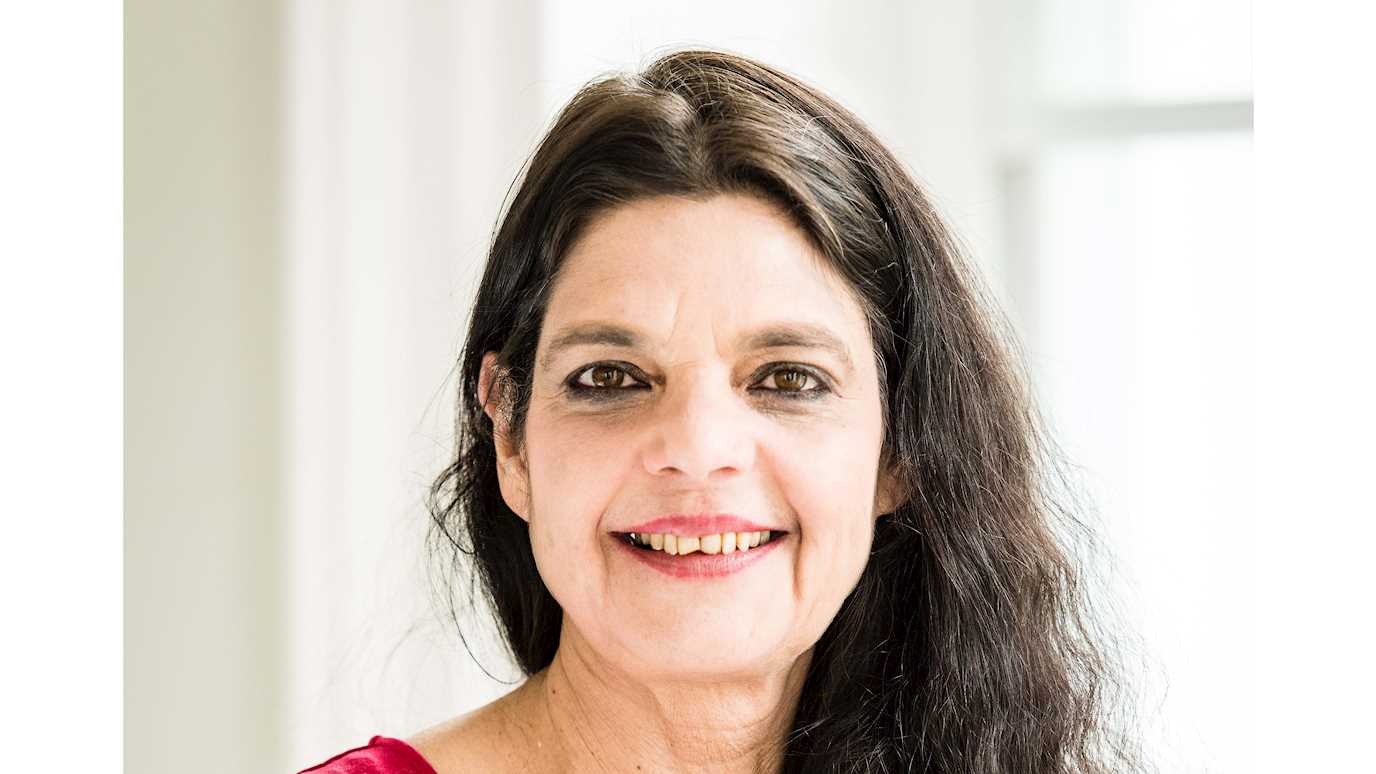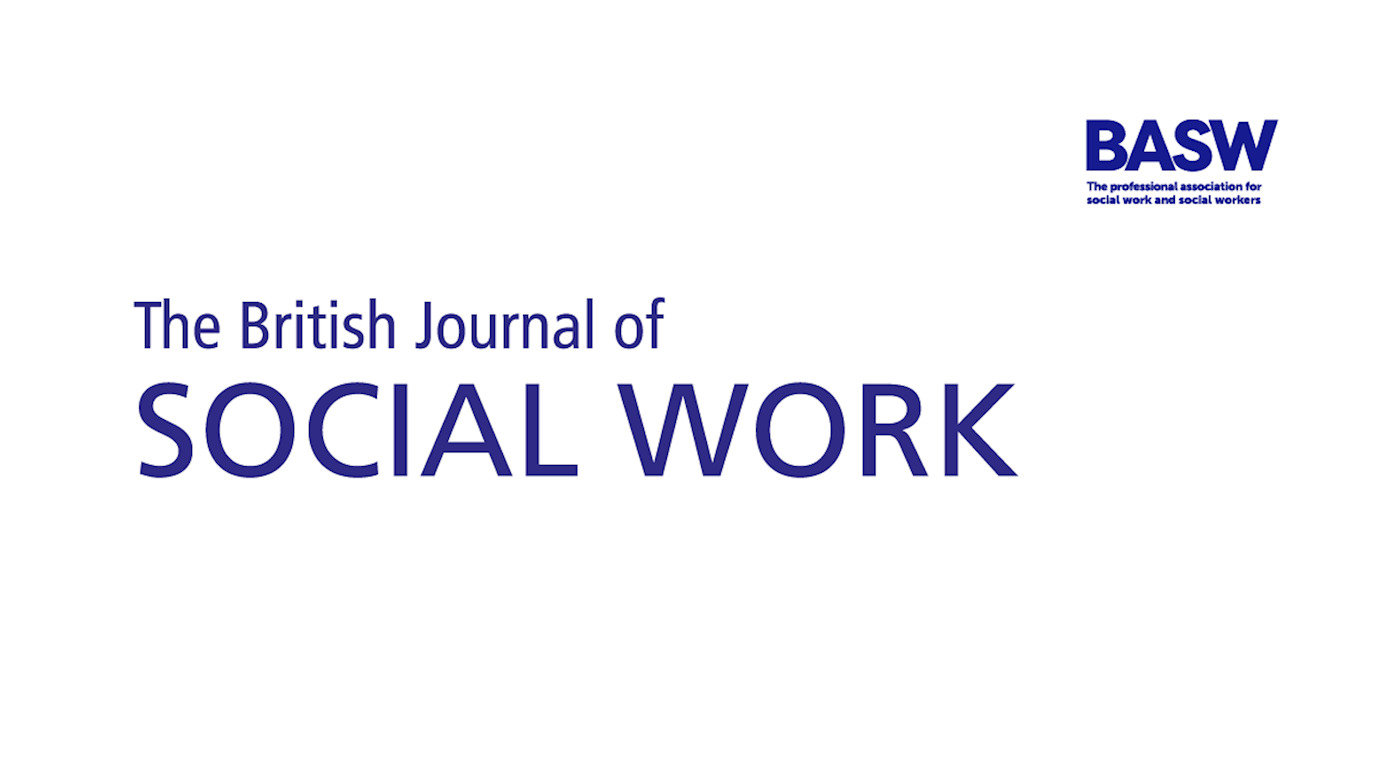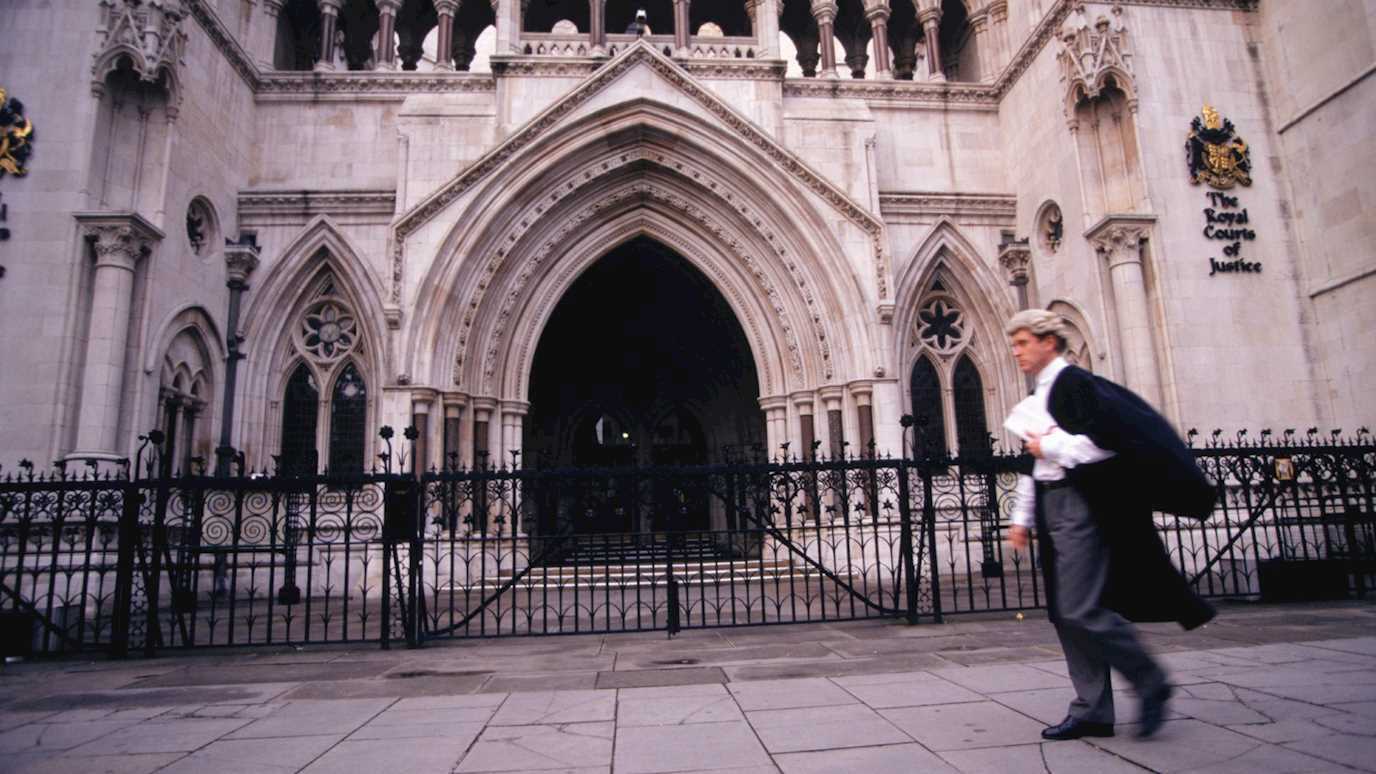Professor Anna Gupta was recently involved in a National Theatre production called Faith, Hope and Charity. Read more about the production, how she was involved and what key messages the audience were able to take away from the play.

Professor Anna Gupta
Could you tell us a bit about yourself and your role within the Department of Social Work?
"I am Professor of Social Work in the Department of Social Work. I am a registered social worker and before joining academia worked as a social worker and team manager in two London boroughs, and as a Children’s Guardian in the family courts. I currently teach on the MSc in Social Work and MSc in Advanced Practice and supervise PhD students. My research and writing focuses on child welfare/protection policies and practices."
We understand that you were recently involved in a National Theatre production called, Faith, Hope and Charity. Could you tell us a bit about the production and your involvement in it?
"I was the academic advisor on the production Faith, Hope and Charity. It is a play written for the National Theatre by Alexander Zeldin, who also wrote the plays ‘Beyond Caring’ and ‘Love’. The play is set in a struggling community centre and is about the people who volunteer and those that attend for the free lunch, activities and company. It is about the impact of austerity policies on the lives of some of the most vulnerable in our society. It is also about kindness, care and belief in people. Alexander Zeldin developed the play through researching people’s lived experiences and a series of intensive workshops. A storyline running through the play is about a woman, Beth, who is going through court proceedings about her daughter who is in foster care. Also, Beth and another main character have a history of being in care as children. My research is on parents’ experiences of the child protection system and the impact of poverty on their and their children’s lives. I was approached by Alexander to help with his research. I introduced him to parents’ groups and together with a parent - ‘Annie’ – participated in workshops. I also had a final read of the script, correcting terminology and factual issues about the law and procedures."
What did you find most rewarding about working on this production?
"I particularly enjoyed participating in the workshops, seeing brilliant actors like Susan Lynch who played Beth at work, and helping develop their understanding of the contexts of the characters’ lives. Everyone was really friendly and appreciative of our input."
What key messages does the production hope to deliver to the audience?
"There are numerous messages that this production hopes to deliver. One key message is that austerity policies over the last 10 years have caused huge damage to people’s lives and the social infrastructure of our society. Our social safety nets have large and growing holes as the state withdraws from support and becomes more reactive and authoritarian, particularly towards people living in poverty. It is also making a point about the invisibleness of the lives of so many; people whose stories are interesting and important to tell, but not in sensational ways. The play shows tales of pain and hardship, but also of resistance, relationships and humanity."
We also understand that you were recently on a panel that was linked to the play, National Debate: Are our social systems broken? What were some of the main talking points from this panel discussion?
"The panel was chaired by Samira Ahmed and comprised of Alexander Zeldin, Lemm Sissay (a poet and author who grew up in care) and myself. We talked about the impact of the funding crisis in local government resulting in cuts to family support/ youth services and community resources, such as libraries. I discussed particular issues in relation to Children’s Services, and together with Lemm Sissay consequences for children in care. We also discussed ethical issues in relation to the lives of people living in poverty presented as entertainment to middle-class audiences at the National Theatre."
























